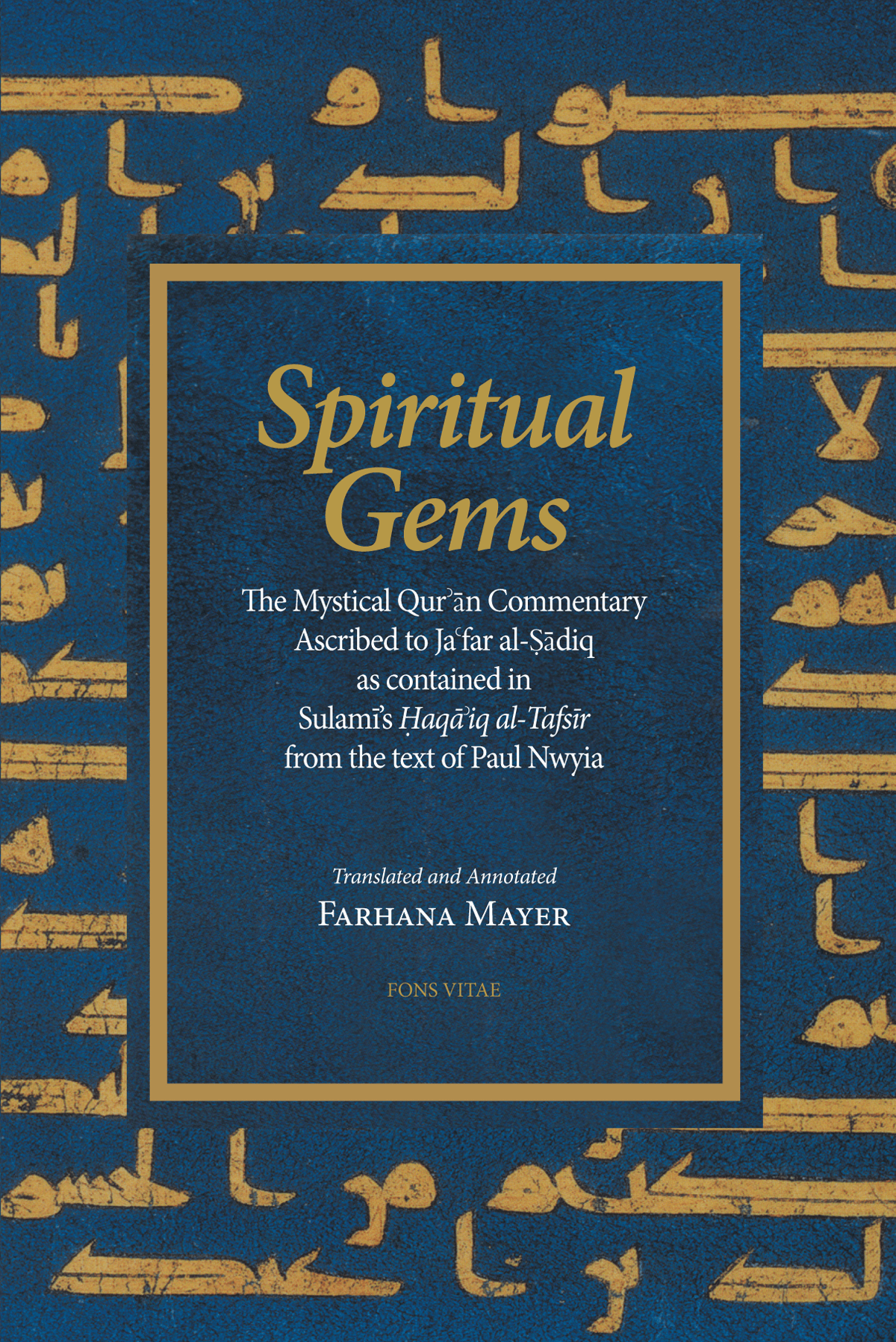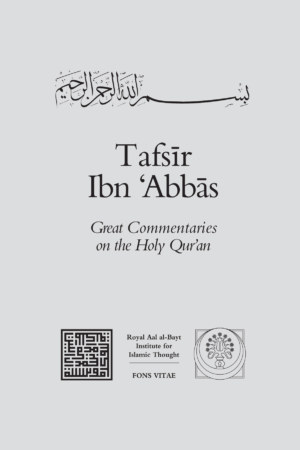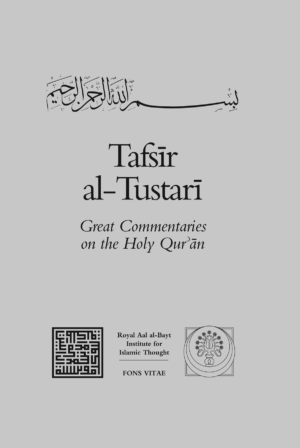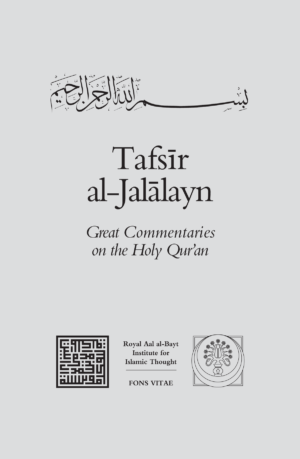Spiritual Gems: The Mystical Qur’an Commentary, ascribed to Ja’ far al-Sadiq
Spiritual Gems is the first ever full translation of arguably the earliest extant mystical commentary on the Qur’an. It was preserved and transmitted by the Sufis of the early centuries of Islam, and is to be found in the 4th-5th/10th-11th century compendium compiled by M.b. al-Husayn al-Sulami (d. 412/1021), in which Ja’far al-Sadiq is one of the most frequently cited authorities.
Complete with analytical introduction and scholarly notes, the book contains detailed exposition of the methods and levels of scriptural interpretations used in this commentary.
“Every verse of the Qur’an has four levels of meaning: the obvious verbal meaning, the indication or analogy, the subtle meaning, and the deepest reality.” This saying, attributed to Imam Ja’far as-Sadiq, gives us a glimpse of what we will find in the pages of this translation, compiled by as-Sulami, of the earliest mystical commentaries on the Qur’an.
Spiritual Gems helps us to understand Islamic scripture on the spiritual– and thus, universal– level. Indeed, precisely because its insights are on the spiritual level, the commonalities of theme and practice with other spiritual traditions become apparent.
This volume helps us to understand Islamic scripture on the spiritual — and thus, universal — level. Indeed, precisely because its insights are on the spiritual level, the commonalities of theme and practice with other spiritual traditions such as Kabbalah become apparent.
“Every verse of the Qur’an has four levels of meaning: the obvious verbal meaning, the indication or analogy, the subtle meaning, and the deepest reality.” This saying, attributed to Imam Ja’far as-Sadiq, gives us a glimpse of what we will find in the pages of this first ever translation of the volume, compiled by as-Sulami, of the earliest mystical commentaries on the Qur’an.
This book is important because it presents the words of mystics who were also sound scholars from the Islamic tradition. This translation gives us the raw words directly from traditional sages, accompanied by introductions of tight scholarship which give us accurate portrayal of the sages’ respective contexts.
- 9781891785306
- ePDF, Paperback
- 280



